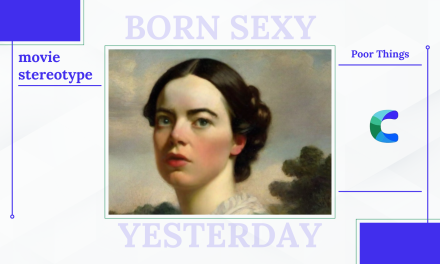Welcome to the annual "Let's remember African Americans exist this month because apparently, we forget for the rest of the year" celebration. Black History Month, that time of the year when we parade our love for diversity with more zeal than a Benetton ad campaign, aims to honor the contributions and achievements of African Americans. More than comprehensive education, it's like cramming for your final exam the night before, but with more music and inspirational quotes.
<
How the Shortest Month Got to Celebrate?
Born from the brain of Carter G. Woodson and his pals at the ASALH, Black History Month was initially a week-long appreciation fest in 1926, because apparently, that’s all the time we could handle. Then, in a burst of generosity, we extended it to a whole month in 1976. Why February? It aligns with the birthdays of Abraham Lincoln and Frederick Douglass, and nothing says “commitment to racial equality” like celebrating during the coldest, shortest month.
Supposedly Noble Objectives
The goal is to educate the public about all the cool stuff African Americans have done (and continue to do), despite systematically ignoring their contributions the other 337 days of the year. Through events ranging from heartwarming to tediously educational, we try to highlight the struggles and successes without mentioning too much about how we contribute to those struggles in the first place.
Annual Themes for Cultured Vibes
Each year there’s a new theme, which is basically our way of saying, “Look, we’re not recycling the same content every February, we’re creative!” These themes allow us to delve into different aspects of the African American experience, presenting it in manageable culture pills for the general public to digest without feeling too uncomfortable.
A Dash of International Appreciation
Though originally an American event, other countries have jumped on the Black History Month bandwagon, adapting it to their own national narratives and proving that the superficial celebration of diversity knows no borders.
Notable Figures (To Name a Few)
From Harriet Tubman to Obama, and everyone currently trending on Instagram, African Americans have left an indelible mark. Their stories are dusted off, polished, and presented in hopes of inspiring or, at the very least, filling diversity quotas.
Key Moments We’d Rather Not Repeat (But Keep Doing)
From the Civil Rights Movement to the election of Obama, there are historical milestones that remind us both how far we’ve come and how far we still have to go. Essentially, a mix of self-congratulation and gentle self-critique.
Education: A Month to Make Up for the Curriculum
Including African American history in curriculums is vital, because apparently, “real” history is too white. This month gives us the perfect excuse to patch educational gaps and feel progressive at the same time.
Media and Literature: Diversity in HD
Our media and books get a little more colorful, showing that yes, indeed, we are aware of diversity. African American authors, artists, and filmmakers are celebrated, as long as their work can be packaged for mass consumption without challenging the status quo too much.
Current Relevance: More Than a Hashtag
In the era of Black Lives Matter, Black History Month seems more relevant than ever, reminding us that while social media posts are nice, maybe we should start changing actual power structures.
Critiques: Not Everyone’s on Board
Sure, there are those who say condensing African American history into one month is problematic, but what better way to show we care (a bit) without having to make significant changes the rest of the year?
Community Participation: Doing Something Good
From projects to events, the community comes together to celebrate, educate, and occasionally reflect on why we need a dedicated month to remember African Americans matter.
Speeches and Writings: Instagram Quote Fodder
Speeches and works by African American leaders provide us with inspirational quotes to share, proving we’re connected and that we’ve definitely read at least one book.
Resources: In Case You Want to Learn More (But Really, Who Has the Time?
There are plenty of resources available for those looking to dive deeper, from museums to documentaries, ensuring African American history education is always just a click away (because we know you’d rather watch Netflix).
Frequently Asked Questions: Because There’s Always Someone Confused
– Why February? Because suffering is better in winter.
Black History Month is celebrated to honor the contributions of African Americans to the history of the United States and other countries. It was created to recognize the history of Black people, which was not included in textbooks prior to the creation of Negro History Week in 1926. The week-long event officially became Black History Month in 1976 when U.S. President Gerald Ford extended it. February was chosen as the month to commemorate African American history because it includes the birthdays of both Abraham Lincoln and Frederick Douglass, two figures who loom large in the Black past.
– How do I participate without looking like I’m doing it out of obligation? Good luck with that.
– Common misconceptions? That one month a year is enough to address centuries of history and culture.





